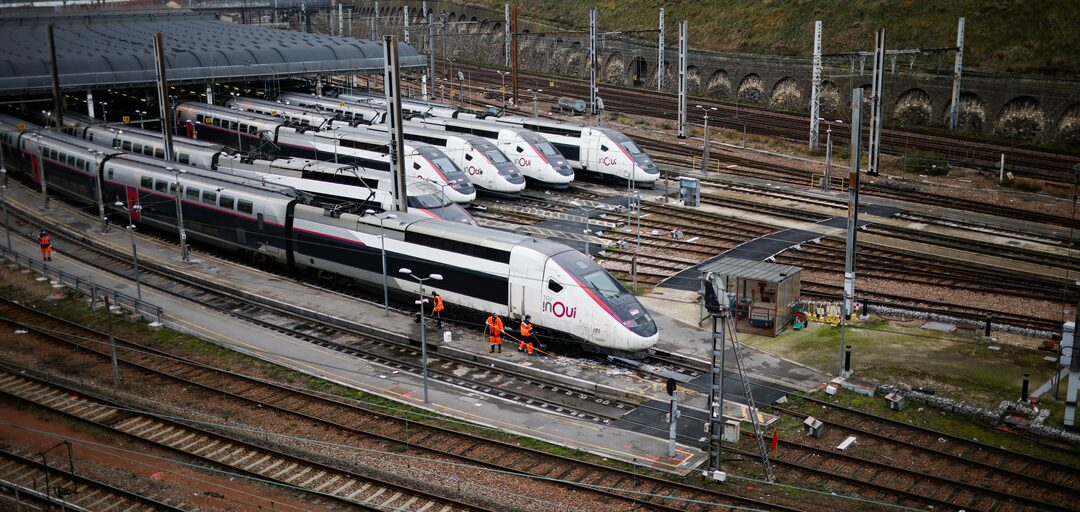Commuters in Paris faced major disruption on Tuesday as rail workers went on strike to pressure national railway operator SNCF ahead of closely watched labour negotiations for this year's the Olympic Summer Games.
Why it's important
SNCF, which operates rail traffic around Paris including large parts of the city's RER commuter lines used by millions every day, will meet with unions on Wednesday to seal a deal on working conditions and bonus payments during the Olympics.
By the numbers
The strikes will impact all the RER lines, with one in two trains operating on the RER B north-to-south axis and one or two trains in five operating on the other lines. The RER A line running from west to east is relatively unaffected as it is operated by another company.
Context
Labour disputes in crucial infrastructure sectors are among the main headaches for the organisers of this year's Olympic Summer Games in Paris. France's hard-line CGT union earlier this year said public sector workers, including hospital staff, have flagged possible strikes during the Games.
The government has been meeting public service unions since last year to try to guarantee cover for the Olympics, which run from July 26 to Aug. 11, the middle of France's holiday season.
Paris Metro and bus operator RATP have already reached deals with their workers, while France's interior ministry offered police officers bonuses of up to 1,900 euros ($2,063.40) to work during the Olympics.
Several Paris airport unions also called for strikes on Tuesday, demanding an "emergency hiring plan" and wage talks, with no major disruption to traffic expected.
($1 = 0.9208 euros)






















































